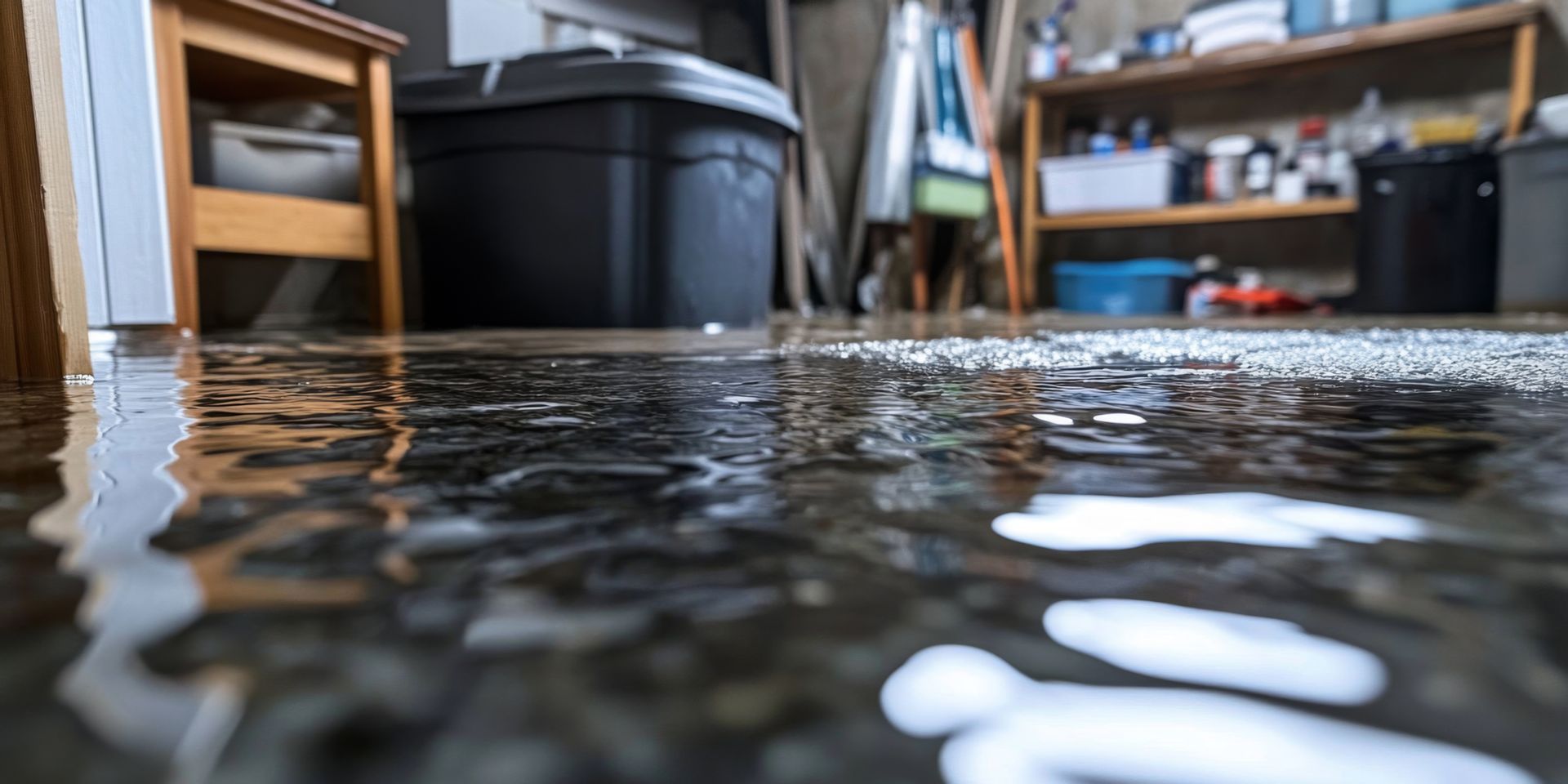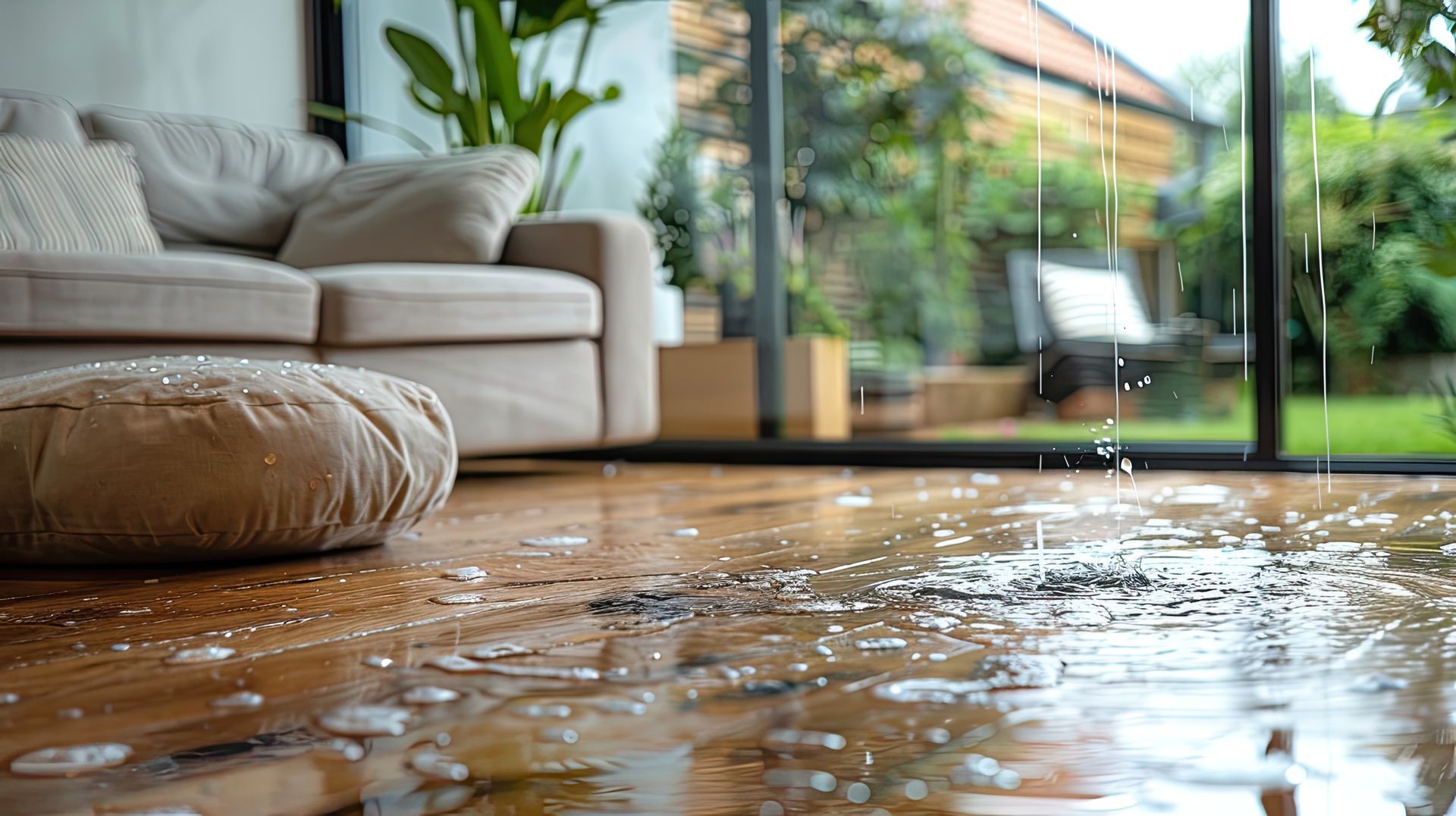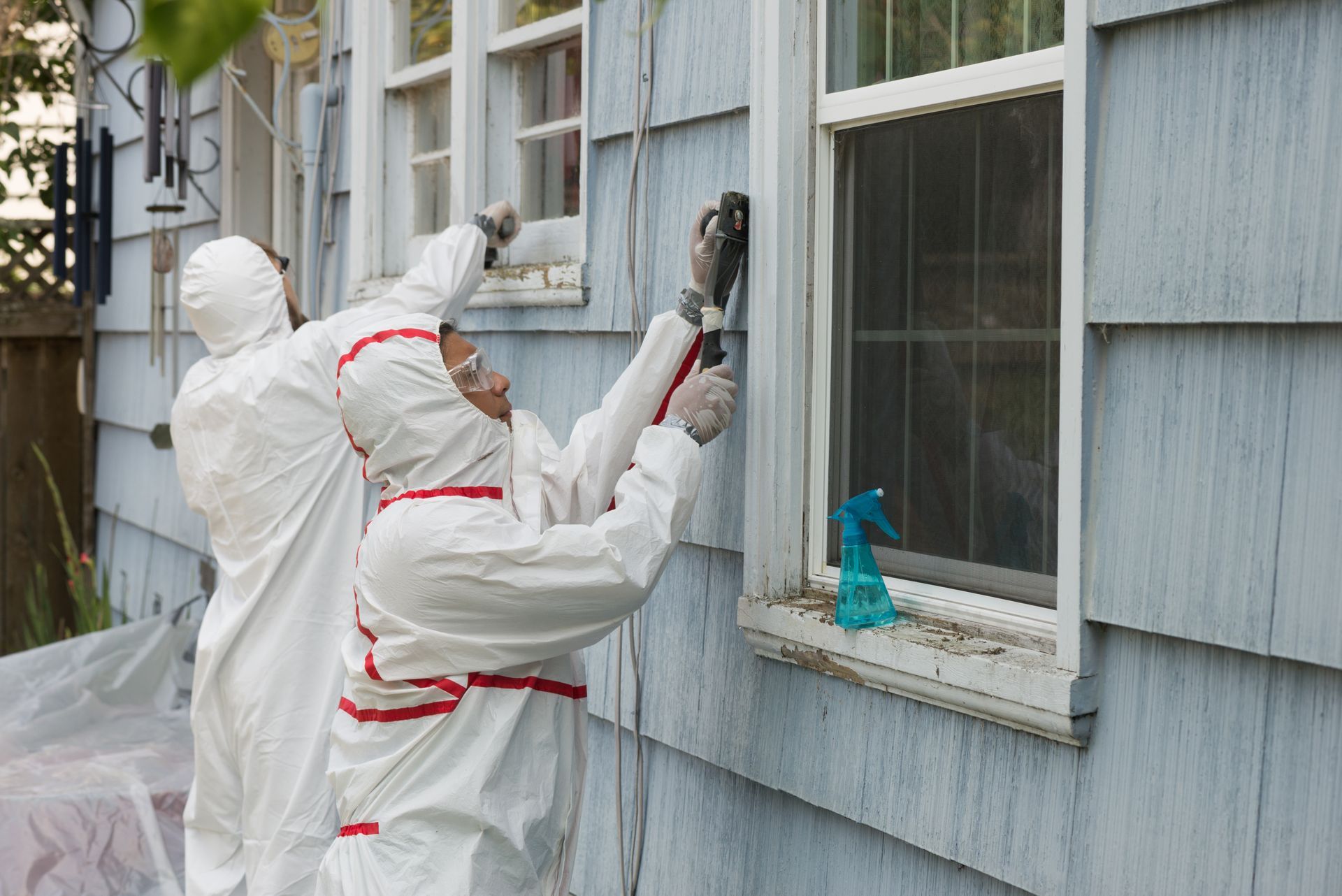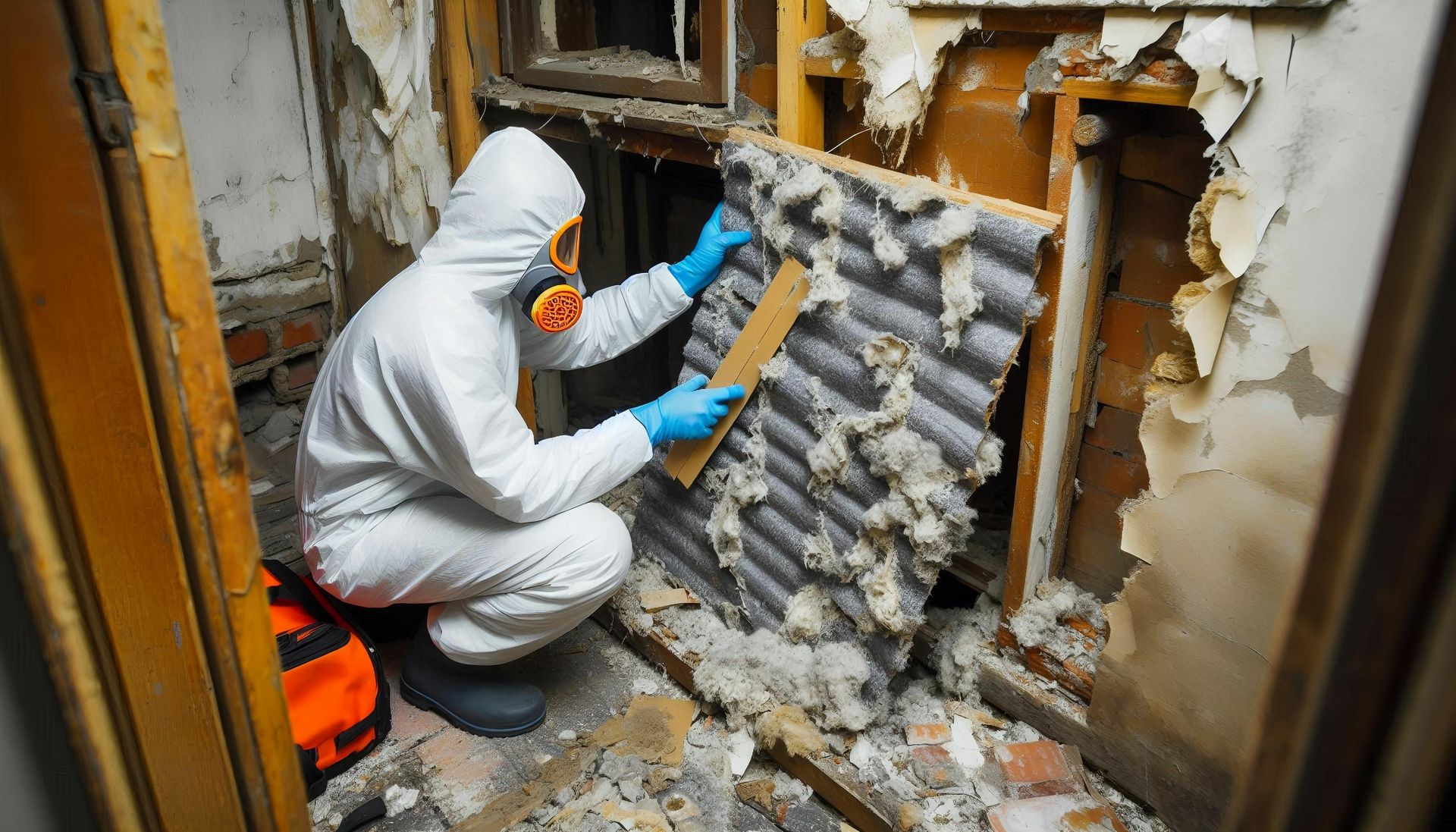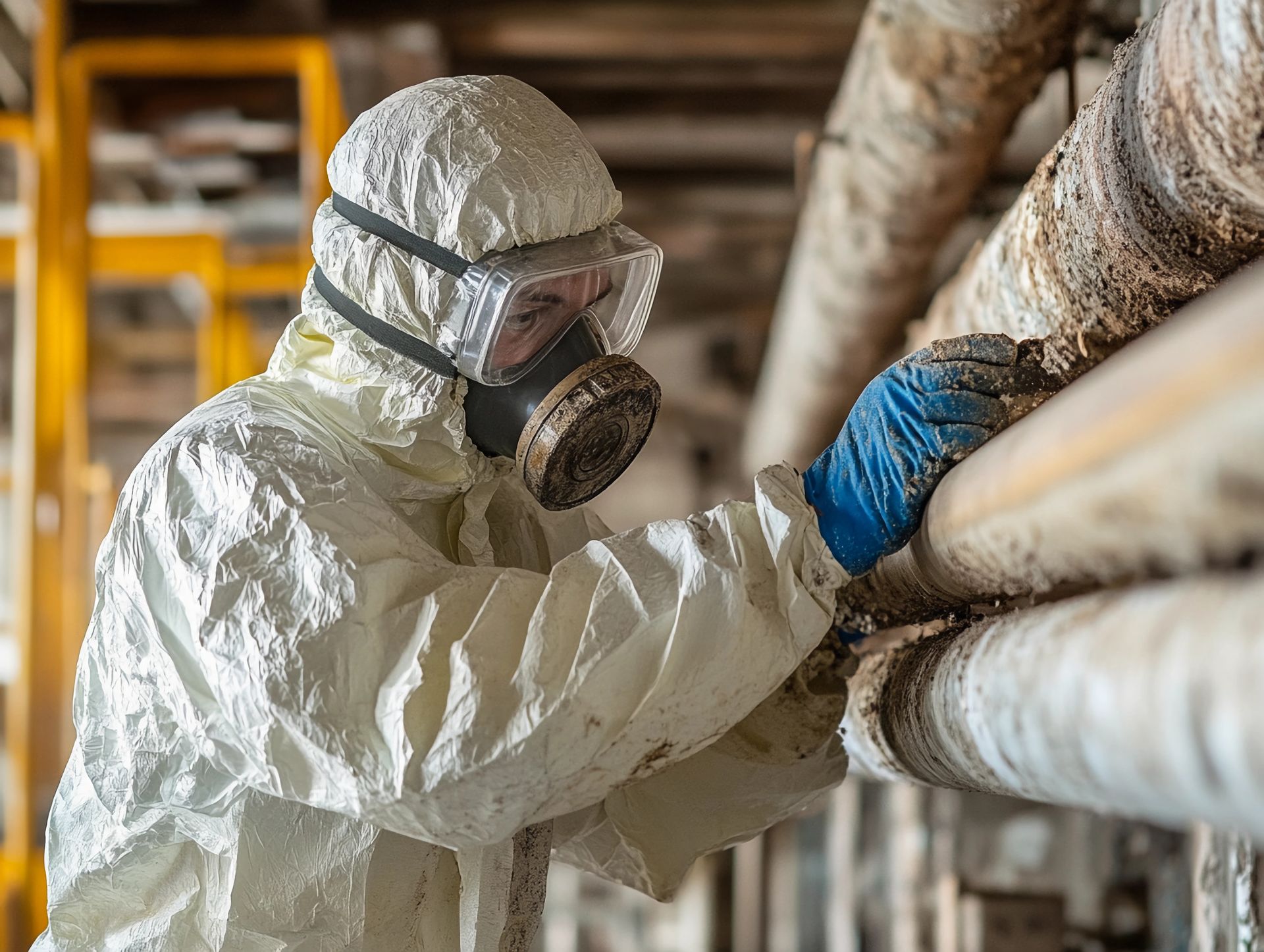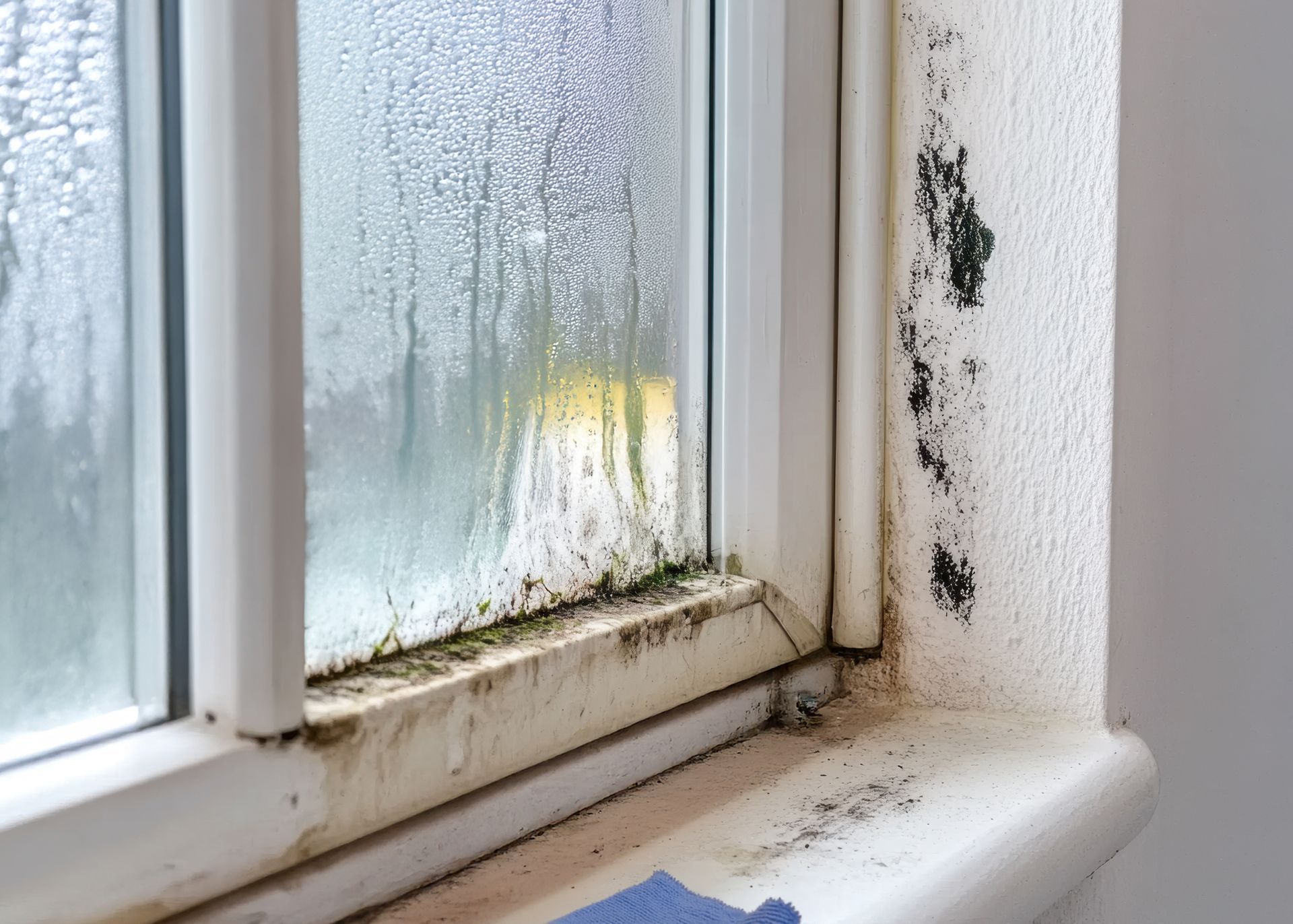The Draper Renaissance: A Journey Through Its Restoration Efforts
The Draper Renaissance is a testament to the power of community-driven restoration efforts, breathing new life into a once-forgotten part of the city. Situated on the banks of the river, this historic neighborhood had fallen into disrepair over the years. However, a dedicated group of residents and preservationists came together to embark on a remarkable journey of revitalization. This article explores the fascinating story of restore draper and the tireless efforts that have transformed it into a thriving and vibrant community.
The Decline of The Draper Renaissance
The Draper Renaissance, located in the heart of our city, was once a thriving hub of culture and commerce. Its charming streets were lined with historic buildings that told the story of the city's past. However, as the years went by, neglect and economic challenges led to a gradual decline in the neighborhood's fortunes.
Many of the once-proud buildings began to deteriorate, their facades crumbling, and their interiors falling into disrepair. Businesses that had once thrived in the area closed their doors, leaving vacant storefronts and a sense of abandonment. The neighborhood's rich history and cultural significance seemed to be fading into obscurity.
The Restoration Movement Begins
Despite the challenges facing The Draper Renaissance, a group of passionate residents and preservationists refused to let their neighborhood fade away. They saw the potential for revival in the area's historic architecture and vibrant community spirit. Thus, the restoration movement was born.
The restoration effort in The Draper Renaissance was not a sudden undertaking. It was a carefully planned, step-by-step process that involved multiple stakeholders, including local government, businesses, and community organizations. The first crucial step was to raise awareness about the neighborhood's plight and its historical importance.
Preservationists organized guided tours, historical talks, and exhibitions to showcase the rich heritage of The Draper Renaissance. These initiatives not only educated the public but also sparked a renewed interest in the neighborhood's potential. People began to see The Draper Renaissance as a hidden gem waiting to be rediscovered.
Securing Funding and Support
With growing interest and awareness, the next challenge was to secure the necessary funding and support for the restoration efforts. The restoration movement garnered significant support from both local and state governments, as well as private investors who recognized the potential for economic revitalization.
Grants, tax incentives, and public-private partnerships played a crucial role in financing the restoration projects. These funds were used to restore historic buildings, improve infrastructure, and create public spaces that would enhance the neighborhood's appeal.
Preserving History and Architecture
One of the most remarkable aspects of The Draper Renaissance restoration efforts was the commitment to preserving its historical character and architectural integrity. Preservationists worked tirelessly to restore the facades of historic buildings, often using traditional building techniques and materials.
Architectural experts and historians were consulted to ensure that the restoration work remained true to the neighborhood's original design and aesthetics. The result was a harmonious blend of old and new, where modern amenities coexisted with historic charm.
Community Involvement
The success of The Draper Renaissance restoration efforts was not solely dependent on financial support and expert guidance. The community played a vital role in shaping the neighborhood's revival. Residents actively participated in clean-up initiatives, neighborhood watch programs, and community events.
Local businesses also played their part by reopening or investing in new ventures in the area. As the neighborhood improved, it attracted new residents and businesses, creating a positive cycle of growth and renewal.
The Renaissance Takes Shape
Over the years, The Draper Renaissance began to transform before the eyes of its residents and visitors. Historic buildings that had stood vacant for years were now home to thriving businesses, cafes, and art galleries. The streets came alive with pedestrians, and public spaces became gathering spots for community events.
The restoration efforts also led to an increase in property values, attracting new residents who were drawn to the neighborhood's unique charm and sense of history. The once-forgotten neighborhood was experiencing a renaissance of its own.
Preserving Cultural Heritage
In addition to restoring physical structures, The Draper Renaissance restoration efforts also aimed to preserve and celebrate its cultural heritage. Museums, cultural centers, and art installations were established to showcase the neighborhood's history and contributions to the city's cultural tapestry.
The restoration movement worked closely with local artists and artisans to incorporate public art into the streetscape. Murals, sculptures, and installations told the stories of The Draper Renaissance's past and present, creating a dynamic and immersive experience for residents and visitors alike.
Economic Impact
The revitalization of The Draper Renaissance had a significant economic impact on the surrounding area. As businesses thrived and property values increased, the neighborhood contributed to the city's economic growth. The restoration efforts created jobs, attracted tourists, and injected new life into the local economy.
Moreover, the success of The Draper Renaissance inspired similar restoration projects in other parts of the city, leading to a broader urban renaissance. The restoration movement's ripple effect was felt throughout the community, proving that revitalizing historic neighborhoods can have far-reaching benefits.
Challenges and Lessons Learned
While The Draper Renaissance's restoration was a remarkable success story, it was not without its challenges. Preservation efforts required careful planning, ongoing maintenance, and a commitment to balancing modern needs with historical preservation. The restoration movement had to navigate issues such as zoning regulations, property ownership disputes, and the need for continued funding.
However, these challenges only served to strengthen the resolve of the community and its partners. The lessons learned from The Draper Renaissance restoration efforts have become a valuable resource for other neighborhoods seeking to revitalize their historic districts.
Conclusion
The Draper Renaissance stands as a shining example of what can be achieved through community-driven restoration efforts. From a once-neglected neighborhood on the brink of obscurity, it has transformed into a vibrant and thriving community that celebrates its history, culture, and architecture.
The journey of restoration in The Draper Renaissance was not easy, but it was fueled by the passion and dedication of its residents, preservationists, and supporters. It serves as a testament to the power of collaboration, community involvement, and a shared vision for revitalization.
As we look back on The Draper Renaissance and its remarkable restoration efforts, we are reminded of the importance of preserving our historical and cultural heritage. It is a testament to the resilience of communities and the enduring value of our shared past. The Draper Renaissance is not just a neighborhood; it is a living testament to the beauty of renewal and the potential for transformation in even the most challenging circumstances.
About All Pro Services
All Pro Services is the premier restoration and remediation company of Utah. They offer a large variety of services from commercial cleaning and sanitization, restoration, biohazard cleanup and construction services.
Learn more about All Pro Services.

Contact Information:
All Pro Services
7747 Allen Street
Midvale, UT 84047
United States
Roger Rasmussen
(385)855-2252
https://www.allproutah.com


